Is it worth investing in whiskey?
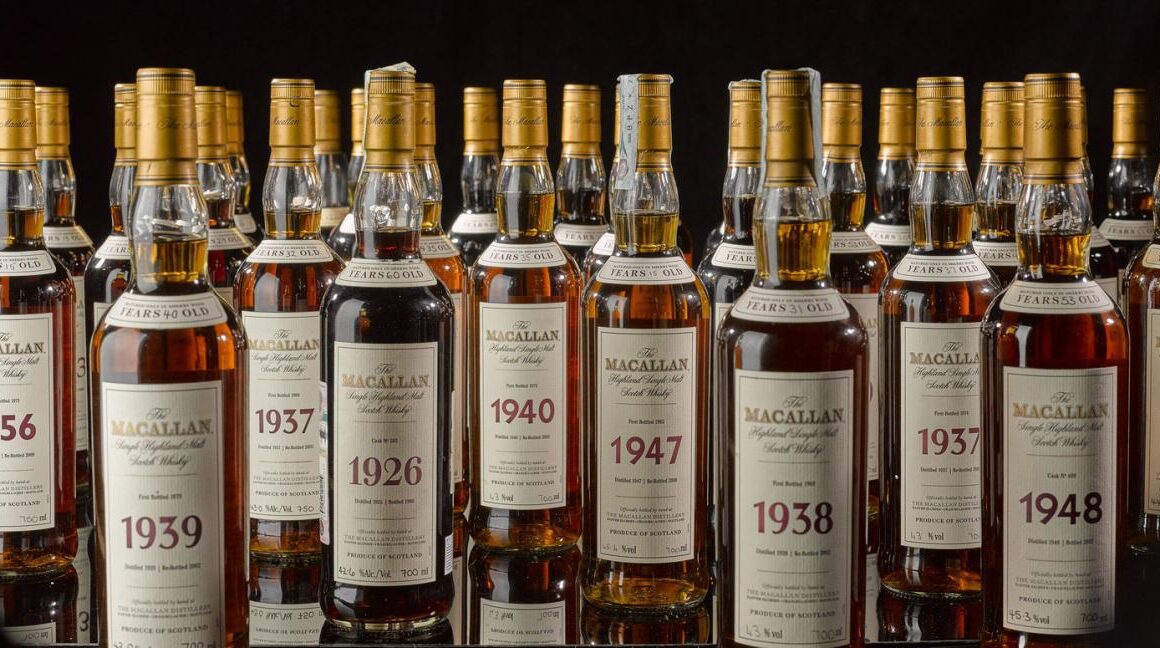
Whisky is an alcohol with a long tradition of production. The first references to the amber “water of life” date back to ancient times. The tradition of creating liquors that are interesting in taste, aromatic and beautiful in their color is dominant in Scotland and Ireland. There, each distillery has its own unique style and character. The products of some of them are excellent in taste. Some have achieved such prestige that the prices of individual bottles are comparable to those of exclusive cars. Is it worth investing in whiskey, But is this a passing fad and bottles of amber liquor, currently worth a fortune, will soon be worthless?
Is it worth it to invest in whisky – fashion or perpetual value?
Auctions, past and planned, at London’s Sotheby’s, which recently sold a collectible, unique and only The Macallan 1926 60 YO by Valerio Adami for the skyrocketing price of 10.85 million zlotys, perfectly demonstrate that whisky is no ordinary liquor. Between store-bought Ballentain and unique single malts from exceptional casks, traditional distilleries or unique series there is a big leap.
Is it worth investing in whisky – it certainly is, although as with any investment, you need to know the market well first. To get started, it’s worth reviewing some tips.
- Increase in value: Over the past decade, prices for rare and unique bottles of whiskey have risen significantly, making it an attractive form of investment.
- Stability of value: Whisky is considered an asset with low correlation to traditional financial markets, which can help diversify an investment portfolio.
- Global market: Interest in whiskey is growing worldwide, especially in Asian countries, providing steady demand and a global market for investors.
- Tradition and history: Whisky has a rich history and tradition, which adds to its cultural and emotional value and can attract collectors and passionate investors.
- Limited production: Many prestige whiskies are produced in limited quantities, making them particularly attractive to investors aiming for rarity and uniqueness.
- Investment market development: The emergence of specialized investment funds and indexes that track the whisky market demonstrates the professionalization of the sector and the opening up of new opportunities for investors.
- Hedging against inflation: Some believe that rare and prized bottles of whiskey can act as a hedge against inflation, preserving value over the long term.
- The potential of technology applications: Developments in technology, such as blockchain, can help increase the transparency and authenticity of individual bottles of whiskey.
Investing in whisky
In a world of investments where traditional assets such as real estate, stocks and bonds dominate, a new and extremely attractive player is emerging: whiskey. What was once associated mainly with the pleasure of tasting has today become a focus for wealthy investors looking for new ways to diversify their portfolios. More and more often, unique bottles of spirits are being auctioned, which are stored in the safes of their new owners after purchase. Single malt or single barrel liquors, such as the aforementioned 1926 Macallan, fetch the highest price. It was bottled after 60 years of maturation, where each bottle had its own unique label designed and created by an esteemed artist. The previous auction record was broken by another bottle from the same distillery, Macallan Fine&Rare 1926.
What such whisky tastes like is difficult to determine. However, legend has it that one of the owners, after bidding for an extremely expensive Macallan from the same series, simply opened the bottle and drank the whisky. Probably this connoisseur served his priceless beverage in a unique glass. This approach, however, has little to do with investing.
Whisky market dynamics
Analyzing the last decade, there has been exceptional growth in the value of whisky as an investment asset. Indexes such as the Knight Frank Rare Whisky 100 Index have seen increases of 582% over a 10-year period. These are values that catch the attention of any investor looking for bargains in the market. The raw numbers therefore perfectly answer the question of whether it is worth investing in whiskey.
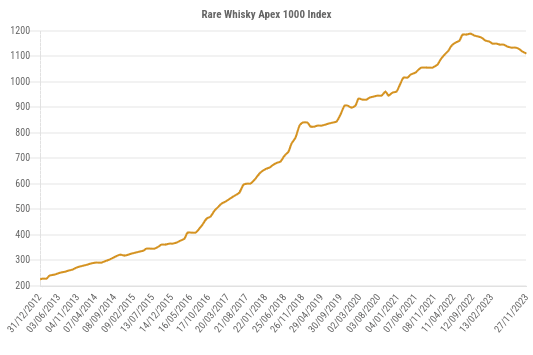
What drives these dynamics
The rise in popularity of whisky in Asian countries, and continued interest in Europe and the US, are driving continued growth in demand. Many whisky producers, although increasing their production, are still having trouble adjusting to global demand. It’s worth noting that distilleries also strive to ensure that the whiskey they produce and bottle is of exceptional value. It is therefore a very different philosophy than, for example, producing Jack Daniels’ a.
From time to time, collector’s editions appear on the market. They are created in cooperation with artists or famous photographers – here again Macallan is leading the way.
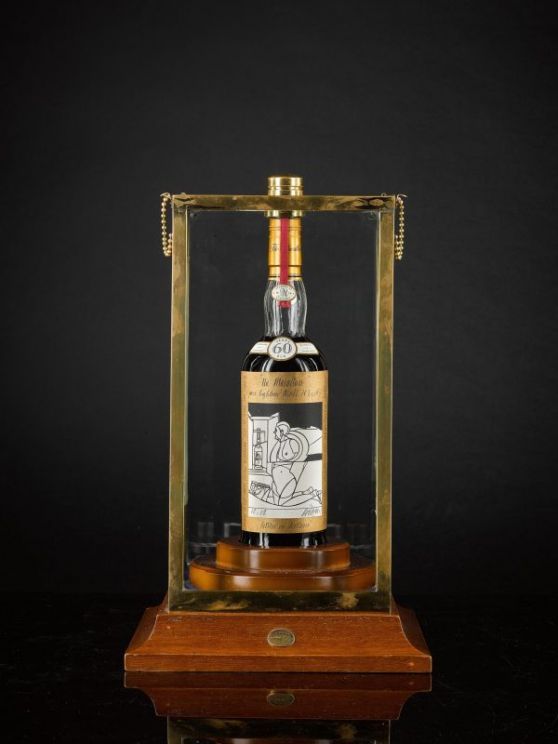
Diageo Group has embarked on another innovative strategy. Every year around Christmas it releases a series of six or seven vintage bottles. These come from unique casks, often from legendary but no longer existing distilleries. It is a beautifully produced collection with original labels created by renowned artists. It is therefore worth considering one such bottle not only as an investment, but also as a gift.
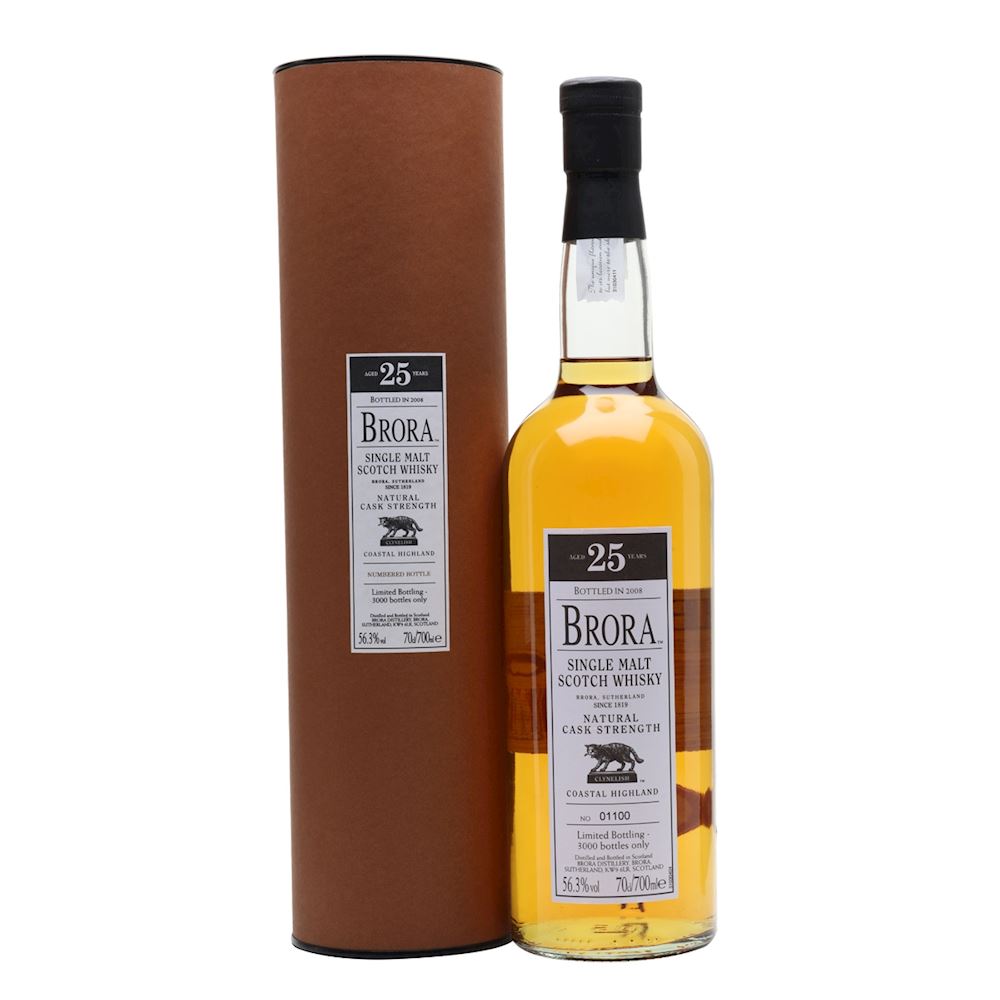
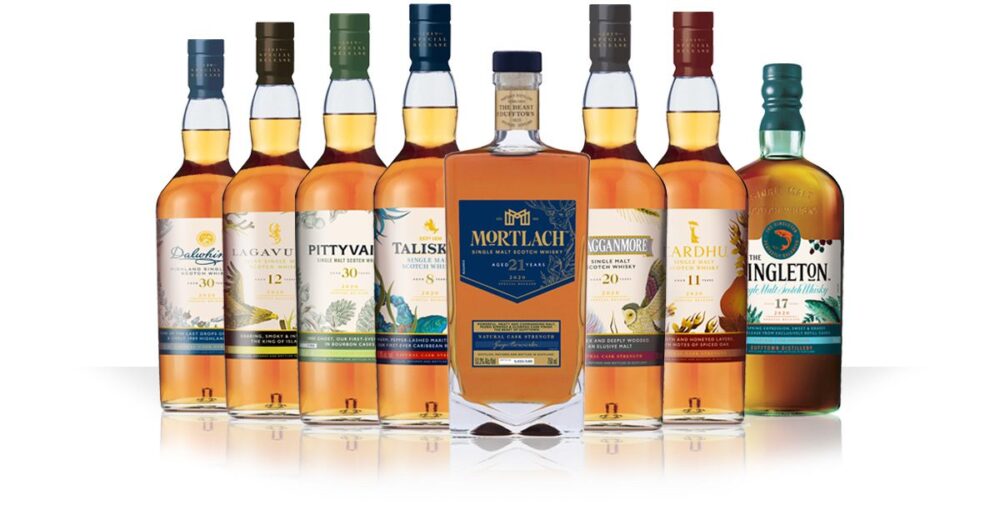
For example, a bottle of single malt with cask strength from Pittyvaich – a now demolished distillery whose casks were bought out by Diageo starting in 2020 – has gained a lot. The same is true of bottles from the same collection from the now-defunct Brora distillery, of which less than 3,000 bottles were released, and the price of each bottle has significantly more than doubled since 2016. Is it worth investing in whiskey? This example shows that it is worth it, a collectible bottle can also be a a gift for the young couple.
The importance of data and analysis
In the investment world, a thorough understanding of the market is key. Rare Whisky 101 has become a reputable source of information, providing detailed analysis and forecasts on prices and trends. Such indicators provide investors with the tools to make informed decisions, understanding the value of individual whiskies and their potential growth.
New forms of investment
This phenomenon has inspired the creation of innovative investment solutions, such as the Single Malt Fund. They allow investors to collectively invest in rare types of whiskey. They open the door to the world of premium spirits even for those with less capital.
Risk and liability
Like any investment, whisky is not risk-free. There are risks of adulteration and changes in consumption that can affect the value of individual bottles. Therefore, it is crucial to invest with caution, relying on solid data and analysis.
The whisky market has become not only a place for connoisseurs, but also an attractive arena for investors. Understanding its dynamics, using reliable sources of information and making informed investment decisions are the basics.
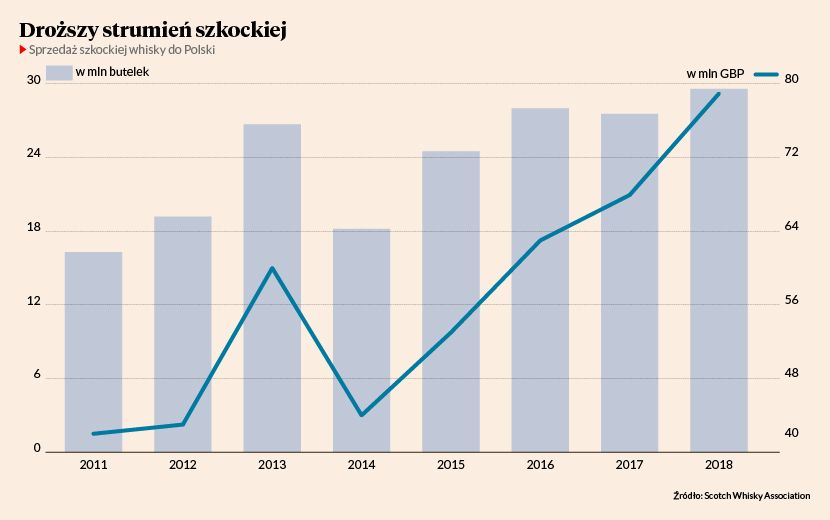
Investing in whisky is not only an opportunity for profit. It’s also an opportunity to learn about the history, traditions and culture associated with this unique liquor. For many, it is a way to combine passion with business, while creating innovative and profitable investment strategies.
A brief guide to whether and how to invest in whisky
Not everyone can afford to buy a bottle of liquor for 10 million zlotys. Nevertheless, the whisky market is not only unique Macallans or Legendary Yamazaki from the Japanese Suntory distillery. As the example of Diageo’s Special Relase series shows well, every year on the market you can buy, for as little as about two or three thousand, a bottle of whisky. This is often a unique beverage, from distilleries that do not exist, with cask strength with an author’s label, which will gain many times its value after several years of storage. It is an excellent gift And a capital investment. However, in order to invest in alcohol, as in anything, you need to know the market and its characteristics.
Here are some practical tips for the novice investor
- Education and market understanding:
- Before investing in whiskey, it’s a good idea to explore the different types. It’s a good idea to look at the history, regions of production and potential value drivers.
- Determination of the budget:
- Decide how much you are willing to invest. Keep in mind that investing in whisky, especially in rarer and older bottles, may require significant funds.
- Starting the collection:
- Start by buying more accessible and affordable bottles to understand market dynamics and gain experience.
- Primary vs. secondary market:
- Bottles can be purchased both on the primary market (directly from the distillery) and on the secondary market (at auctions, from dealers). Prices may vary depending on the source of purchase.
- Storage:
- Whisky is best stored in a dark place, away from heat sources and direct sunlight. Proper storage conditions will ensure that the quality of the liquor is preserved.
- Market monitoring:
- Regularly track prices on the secondary market, participate in auctions and stay abreast of trends. This will help you understand the value of your collection and make informed investment decisions.
- Sales and profit realization:
- If you decide to sell part of your collection, do so in a timely manner, monitoring the price and demand for individual bottles.
- Consider participating in mutual funds:
- If you don’t want to invest on your own, consider investing in funds that specialize in whiskey. This may be a less risky option for novice investors.
- Buy with passion:
- Remember that investing in whisky is not just a cold calculation. Take pleasure in exploration, discovering new distilleries to build your collection.
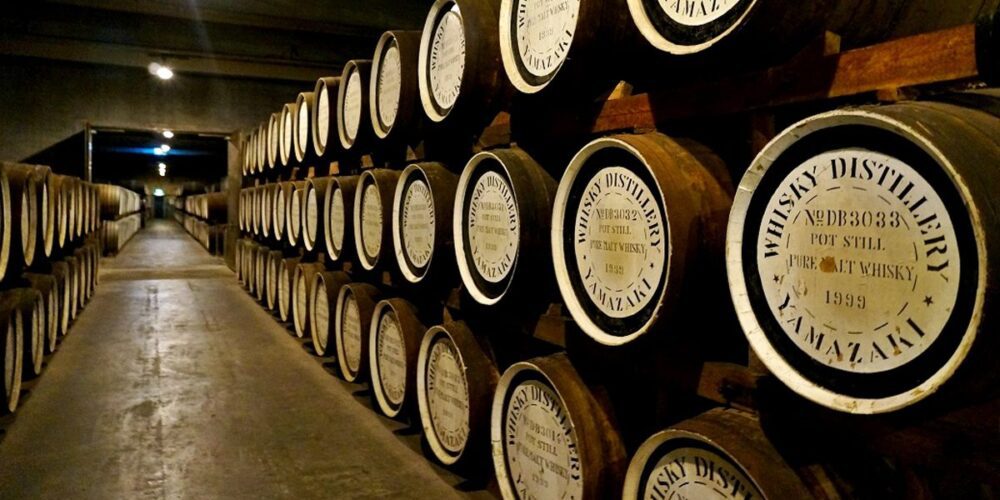
There is no doubt that the answer to the question of whether it is worth investing in whisky is yes, and with a little effort and knowledge you can build a collection of bottles that will increase in value. This is a specific and not obvious, but very interesting way of investing capital. However, remember not to inadvertently drink your investment. Instead, you can sip non-alcoholic whiskey.






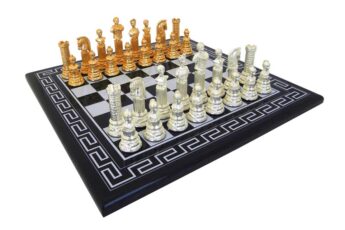

Leave a Comment